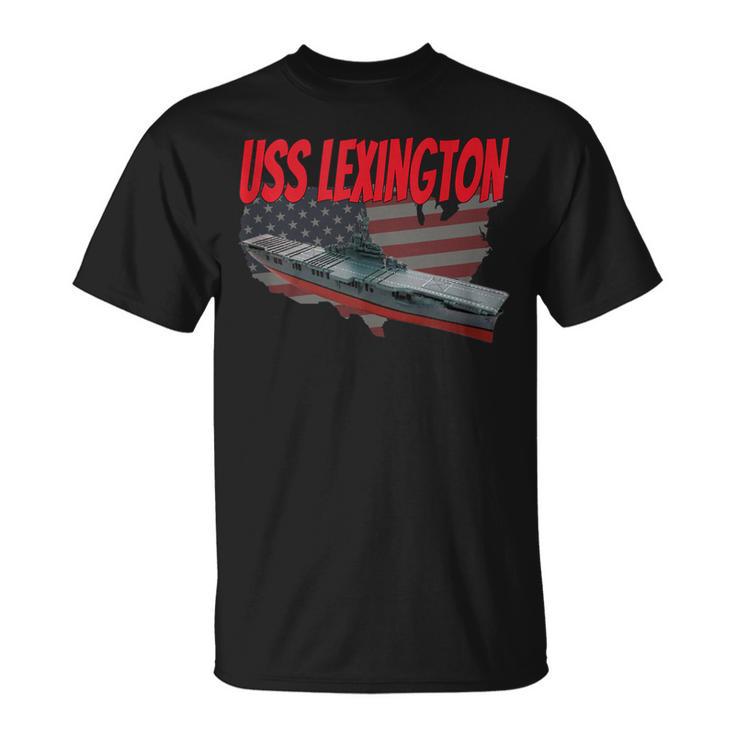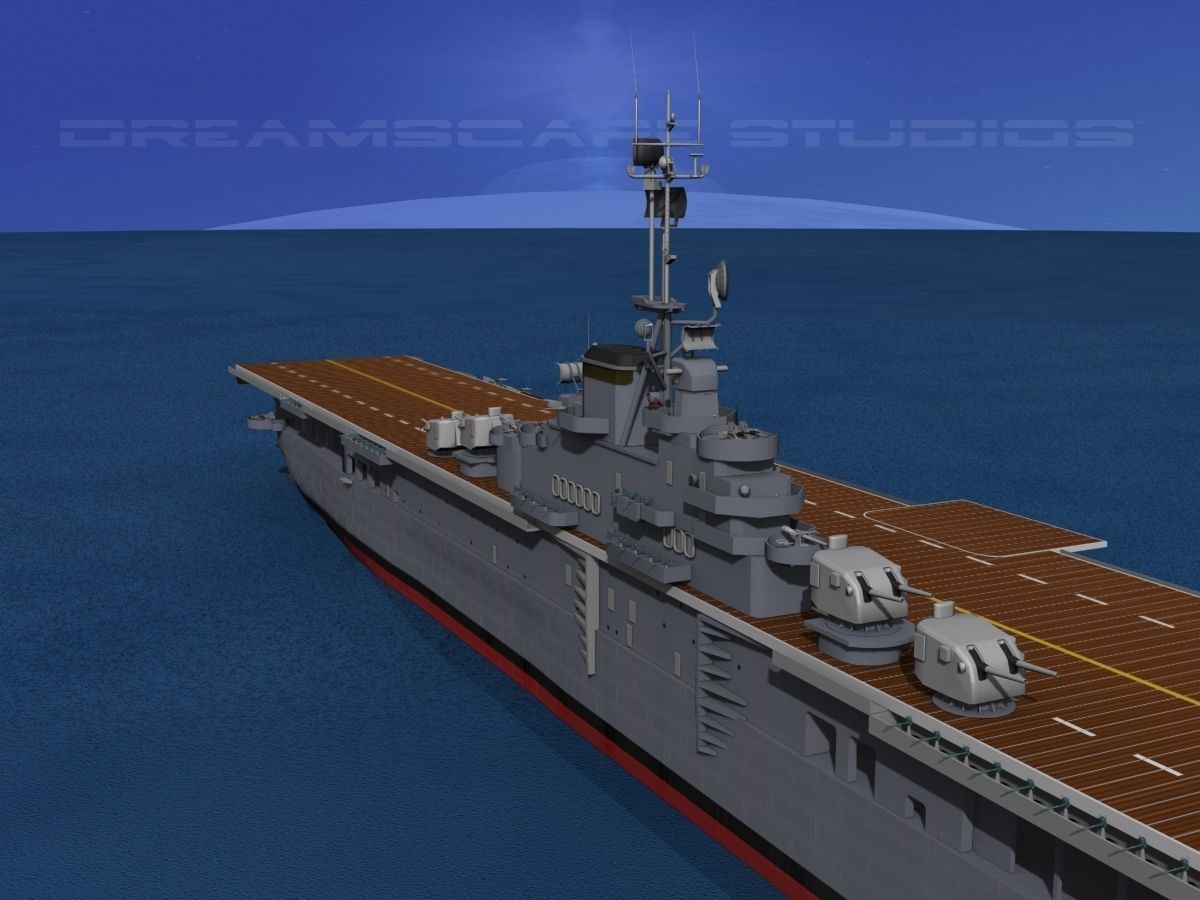USS Lexington CV 16 Aircraft Carrier

Introduction to the USS Lexington CV-16

The USS Lexington CV-16, also known as “The Blue Ghost,” is a legendary aircraft carrier that played a significant role in the history of the United States Navy. Commissioned in 1943, the Lexington was the fifth aircraft carrier to bear the name and went on to have a distinguished career spanning over 48 years. In this blog post, we will delve into the history of the USS Lexington, its design and construction, its wartime service, and its eventual conversion into a museum ship.
Design and Construction

The USS Lexington CV-16 was built by the Fore River Shipyard in Quincy, Massachusetts, and was originally designed as a Essex-class aircraft carrier. The Essex-class carriers were a class of 24 aircraft carriers built by the United States during World War II, and the Lexington was one of the first to be constructed. The ship measured 872 feet in length, with a beam of 147 feet and a draft of 28 feet. It had a displacement of 27,100 tons and was powered by eight boilers, which produced 150,000 horsepower.
Wartime Service

The USS Lexington CV-16 was commissioned on February 17, 1943, and immediately began its wartime service. The ship’s first major engagement was during the Marcus Island raid in August 1943, where it launched airstrikes against Japanese forces. The Lexington then went on to participate in several other significant battles, including the Battle of Tarawa and the Battle of the Philippine Sea. During its wartime service, the Lexington earned 11 battle stars and was credited with downing over 300 enemy aircraft.
Post-War Service

After the end of World War II, the USS Lexington CV-16 underwent a series of modernizations and conversions to keep it up-to-date with the latest technology. In the 1950s, the ship was converted into an attack carrier, and later, in the 1960s, it was converted into an anti-submarine warfare carrier. The Lexington continued to serve in the United States Navy until its decommissioning in 1991.
Museum Ship

In 1992, the USS Lexington CV-16 was donated to the USS Lexington Museum in Corpus Christi, Texas, where it was converted into a museum ship. Today, the Lexington is one of the most popular tourist attractions in Texas, with over 750,000 visitors per year. The ship has been beautifully restored to its original condition and features a wide range of exhibits, including restored aircraft, a flight simulator, and a 3D theater.
🚢 Note: The USS Lexington CV-16 is now a museum ship, and visitors can take guided tours of the ship, including the flight deck, hangar deck, and engine rooms.
Specifications

The USS Lexington CV-16 had the following specifications:
| Characteristic | Value |
|---|---|
| Length | 872 feet |
| Beam | 147 feet |
| Draft | 28 feet |
| Displacement | 27,100 tons |
| Power | 150,000 horsepower |
| Speed | 33 knots |
| Crew | 3,500 officers and men |

Aircraft

The USS Lexington CV-16 was designed to carry a wide range of aircraft, including: * F4U Corsair * F6F Hellcat * TBM Avenger * SB2C Helldiver * F9F Panther
🛬 Note: The USS Lexington CV-16 played a significant role in the development of naval aviation, and its aircraft were instrumental in the Allied victory in World War II.
In summary, the USS Lexington CV-16 is a legendary aircraft carrier that played a significant role in the history of the United States Navy. From its design and construction to its wartime service and eventual conversion into a museum ship, the Lexington has a rich and fascinating history that continues to captivate visitors from around the world.
What was the USS Lexington CV-16 used for during World War II?

+
The USS Lexington CV-16 was used as an aircraft carrier during World War II, launching airstrikes against Japanese forces and participating in several significant battles.
Where is the USS Lexington CV-16 located today?

+
The USS Lexington CV-16 is located in Corpus Christi, Texas, where it has been converted into a museum ship.
How many battle stars did the USS Lexington CV-16 earn during World War II?

+
The USS Lexington CV-16 earned 11 battle stars during World War II.



